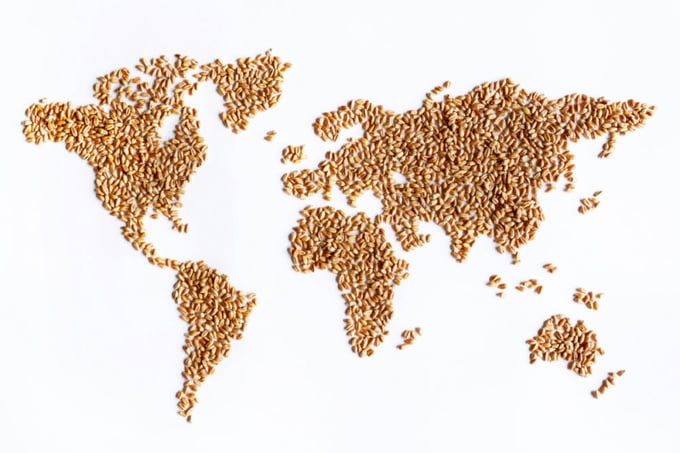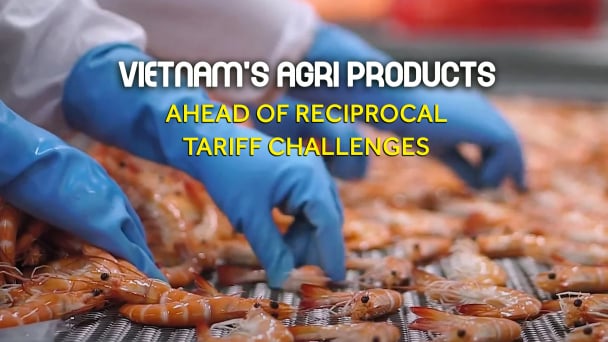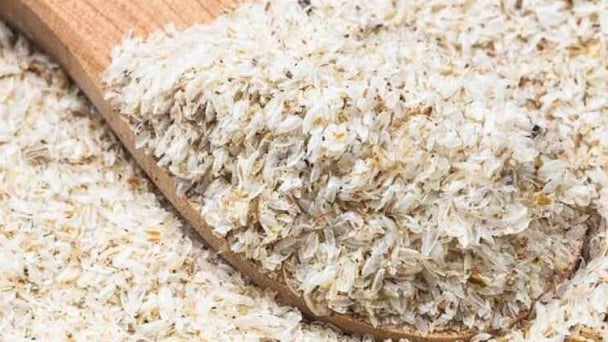May 29, 2025 | 16:09 GMT +7
May 29, 2025 | 16:09 GMT +7
Hotline: 0913.378.918
May 29, 2025 | 16:09 GMT +7
Hotline: 0913.378.918

As India’s population increases and incomes rise, there will be much more demand for food, including protein (dairy and pulses instead of meat due to cultural reasons) and sweets, also due to cultural preferences. Photo: STOCK.ADOBE.COM
Changes in population and income levels will shift food demand and placement of corporate assets, Michael Zerr, long-term model lead, Cargill, Minneapolis, Minnesota, US, told attendees at the opening session of the International Sweetener Colloquium on Feb. 26.
When you think 10 years out, it’s not so much about prices as “how does Cargill place assets across the supply chain,” Zerr said. Long-term drivers are population growth and gross domestic product.
Depopulation in China is giving way to growth in India, now the world’s most populous country, Africa and the Mideast, Zerr said.
Food demand shifts as income levels increase, Zerr said. Low-income countries focus on calories. Mid-level income countries eat more meat or protein and less grain. In rich countries the focus shifts to time, with consumers buying food that is more convenient and of greater variety.
“India in a way is the new China,” Zerr said.
As India’s population increases and incomes rise, there will be much more demand for food, including protein (dairy and pulses instead of meat due to cultural reasons) and sweets, also due to cultural preferences. Daily caloric consumption in India still trails China by about 700 calories.
Zerr noted that China is not a big consumer of sweets, unlike India, where there is a “huge culture around sweet products,” that means “massive sugar growth in India.”
(WG)

(VAN) Vietnamese shrimp exporters are actively looking for alternative markets and accelerating shipments to the United States in response to the pressure of impending reciprocal tariffs. This is occurring during a temporary tariff suspension.

(VAN) The import-export turnover between Vietnam and Singapore rose amid a trade rebound, with machinery, electrical equipment, and fuels making up the majority of the transaction value.

(VAN) Director General of the General Administration of Customs of China, Ms. Sun Mai Jun, has pledged to implement measures that will ease the import process for Vietnamese agricultural products.

(VAN) Although Vietnam is still increasing its coffee exports, the industry is currently in the process of determining market strategies in response to the U.S. imposition of reciprocal tariffs.

(VAN) With rising demand in Muslim-majority countries, Halal certification is becoming a critical passport for Vietnamese agricultural products seeking sustainable market access and consumer trust in the Middle East and Africa.

(VAN) Vietnam’s fruit and vegetable exports to the U.S. are rising sharply, and exporters are hoping that any upcoming reciprocal tariffs will be set at manageable levels.

(VAN) Despite meeting quality standards, Vietnamese rice bran exporters still face difficulties with administrative procedures under the new protocol.